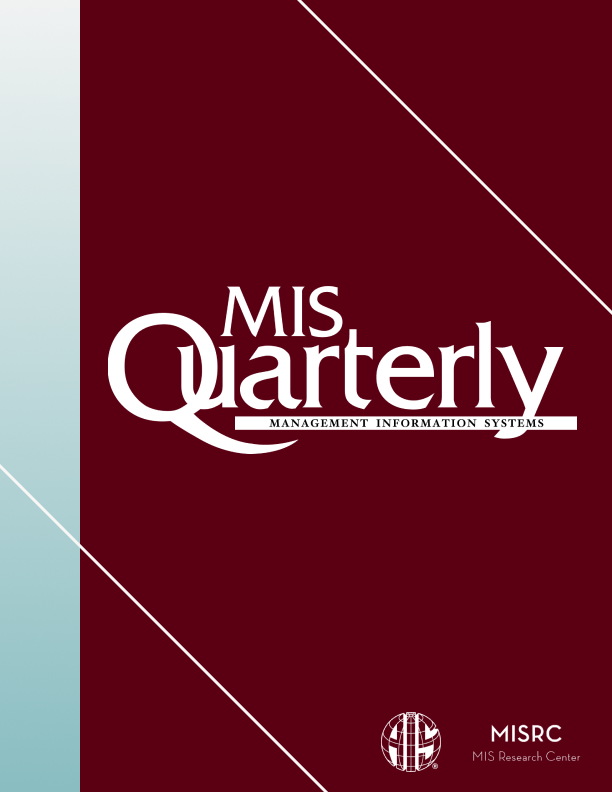社交媒体时代的选举竞争:社交媒体影响者的角色
IF 6
2区 管理学
Q1 COMPUTER SCIENCE, INFORMATION SYSTEMS
引用次数: 0
摘要
#html-body [data- pp -style=VOLJORF]{align -content:flex-start;display:flex;flex-direction:column;background-position:left top;background-size:cover;政治领域也不例外。为了应对社交媒体影响者对公民政治观点和投票行为的影响,政党在竞选期间调整其信息和政策。面对来自社交媒体争夺读者的竞争,媒体机构也在调整新闻报道。为了分析社交媒体对政党政策、媒体报道和公民意见影响的性质和程度,我们使用了一个选举竞争的博弈论模型,该模型涉及四个关键利益相关者——公民、政党、媒体和社交媒体影响者。我们的研究结果表明,使用社交媒体,政党的政策立场变得更加温和,而媒体的编辑立场变得更加极端。我们还表明,当影响者的真实编辑立场由于信息扭曲加剧而更加同质化时,公民的意见可能会变得更加两极化。本文章由计算机程序翻译,如有差异,请以英文原文为准。
Electoral Competition in the Age of Social Media: The Role of Social Media Influencers
Social media—and, in particular, social media influencers—are playing an increasingly central role in shaping public opinion on a variety of issues. The political sphere is no exception. In response to the impact that social media influencers have on citizens’ political views and voting behaviors, political parties adapt their messages and policies during election campaigns. Media outlets, too, faced with competition for readership from social media, are adjusting their news coverage. To analyze the nature and extent of the impact of social media on parties’ policies, media outlets’ news reports, and citizens’ opinions, we used a game theoretical model of electoral competition involving four key stakeholders—citizens, political parties, media outlets, and social media influencers. Our results show that with social media, parties’ policy positions become more moderate while media outlets’ editorial positions become more extreme. We also show that citizens’ opinions may become more polarized when the influencers’ true editorial positions are more homogeneous as a result of increased information distortion.
求助全文
通过发布文献求助,成功后即可免费获取论文全文。
去求助
来源期刊

Mis Quarterly
工程技术-计算机:信息系统
CiteScore
13.30
自引率
4.10%
发文量
36
审稿时长
6-12 weeks
期刊介绍:
Journal Name: MIS Quarterly
Editorial Objective:
The editorial objective of MIS Quarterly is focused on:
Enhancing and communicating knowledge related to:
Development of IT-based services
Management of IT resources
Use, impact, and economics of IT with managerial, organizational, and societal implications
Addressing professional issues affecting the Information Systems (IS) field as a whole
Key Focus Areas:
Development of IT-based services
Management of IT resources
Use, impact, and economics of IT with managerial, organizational, and societal implications
Professional issues affecting the IS field as a whole
 求助内容:
求助内容: 应助结果提醒方式:
应助结果提醒方式:


